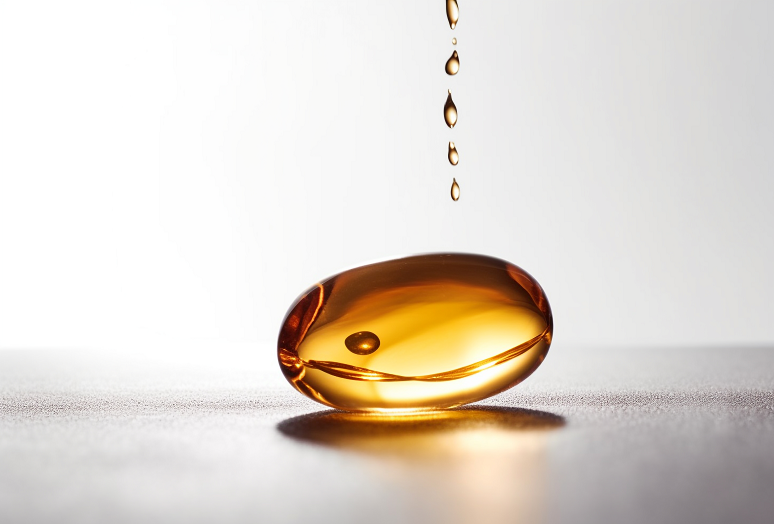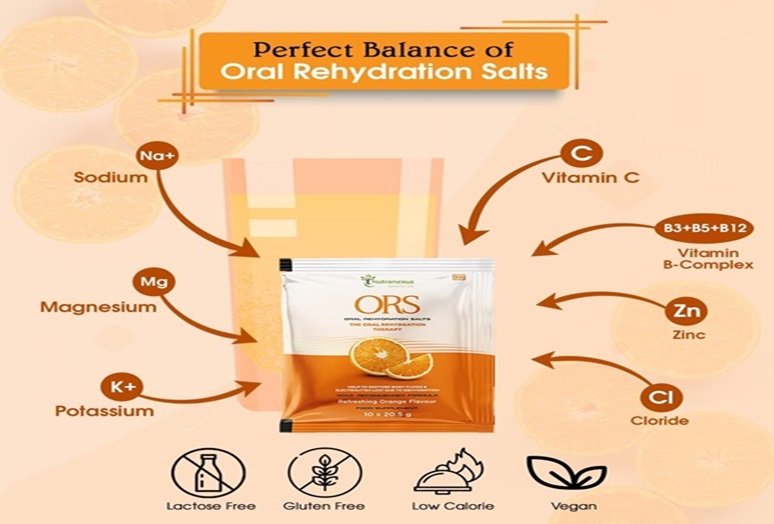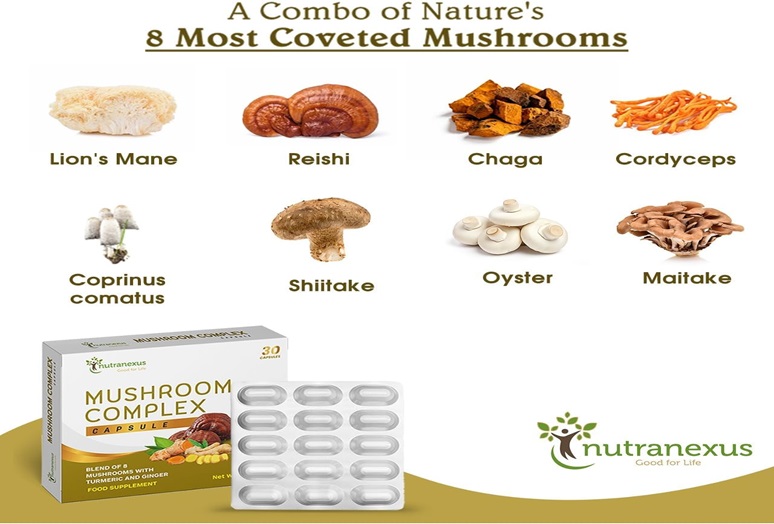Powering Up with Plants: Your Guide to Plant-Based Iron Supplements
Navigating the world of nutrition can be a challenge, and for those following a plant-based diet, one of the most common questions is about iron. We've all heard that meat is a primary source of iron, but what if you've chosen to go meat-free? The good news is that you can absolutely get the iron you need from plants, and when your diet needs an extra boost, plant-based iron supplements are here to help.
Heme vs. Non-Heme Iron: The Key Difference
First, let's clear up a common point of confusion. There are two types of dietary iron: heme and non-heme.
- Heme iron is found in animal products like meat, poultry, and fish. Our bodies absorb this type of iron very efficiently.
- Non-heme iron is the kind found in plants. While it's a vital part of a healthy diet, it's not absorbed as readily as heme iron. This is why people on plant-based diets often have a higher recommended daily intake of iron.
But don't let this discourage you! The body is incredibly adaptive, and there are many ways to maximize the absorption of non-heme iron.
Food First: The Best Plant-Based Iron Sources
Before reaching for a supplement, focus on a balanced diet rich in iron-dense plant foods. Some of the best sources include:
- Legumes: Lentils, chickpeas, beans (black, kidney, navy), and soybeans are powerhouses of non-heme iron.
- Nuts and Seeds: Pumpkin seeds, cashews, sesame seeds, and almonds are excellent choices for a quick iron boost.
- Grains: Quinoa, fortified cereals, and oatmeal are all good sources.
- Vegetables: Dark leafy greens like spinach and kale, as well as potatoes with the skin, and broccoli, contain a good amount of iron.
- Dried Fruits: Apricots, raisins, and prunes can also contribute to your daily intake.
Supercharging Iron Absorption
The secret to getting enough non-heme iron isn't just about what you eat, but how you combine your foods. Here are some smart strategies to boost absorption:
- Pair with Vitamin C: This is the golden rule! Vitamin C is a powerful enhancer of non-heme iron absorption. Think a squeeze of lemon juice on a lentil salad, or bell peppers in a bean chili.
- Avoid Absorption Inhibitors: Compounds like phytates (in whole grains and legumes) and tannins (in coffee and tea) can inhibit iron absorption. Soaking grains and legumes can help, and try to avoid drinking coffee or tea with your iron-rich meals.
- Cook in Cast Iron: This is a simple and effective tip! Cooking acidic foods like tomatoes in a cast iron skillet can actually increase the iron content of your meal.
When to Consider a Supplement
While a well-planned plant-based diet can provide all the iron you need, there are times when a supplement may be necessary. This is especially true for:
- Women of childbearing age due to menstrual blood loss.
- Pregnant women, as their iron needs increase significantly.
- Individuals diagnosed with iron deficiency anemia by a healthcare professional.
- Athletes who may have higher iron needs due to intense training.
Always consult a doctor or a registered dietitian before starting a new supplement to determine the right dosage for you and to rule out any underlying health conditions.
Choosing the Right Plant-Based Iron Supplement
When you're ready to choose a supplement, look for one that is specifically formulated to be plant-based. Here's what to look for:
- Form of Iron: Look for supplements containing forms like iron bisglycinate, which is known for being highly absorbable and gentle on the stomach, reducing common side effects like constipation.
- Complementary Nutrients: Many plant-based iron supplements include vitamin C and B vitamins (like B12) to further aid absorption and support overall health.
- Third-Party Verification: A supplement that has been tested by a third-party organization ensures quality, purity, and that the product contains what it claims on the label.
Getting enough iron on a plant-based diet is not only achievable but can also be a delicious and fulfilling journey. By focusing on whole foods, smart food pairings, and considering a high-quality supplement when needed, you can power up with plants and feel your best.










